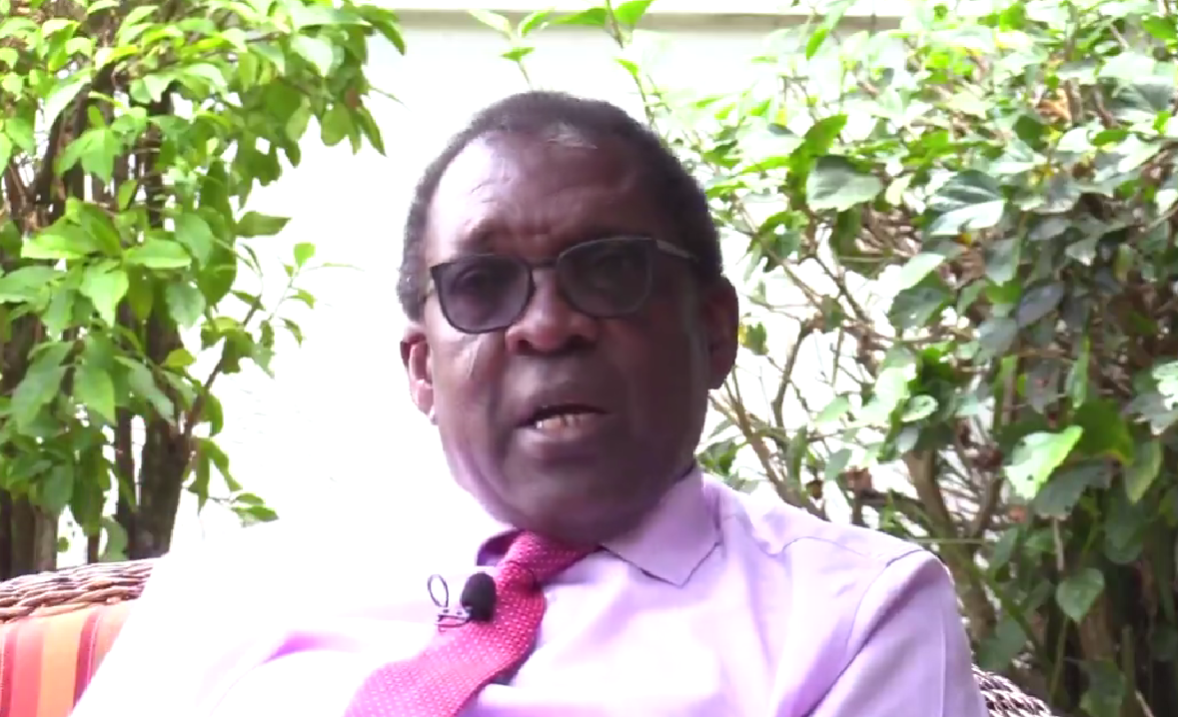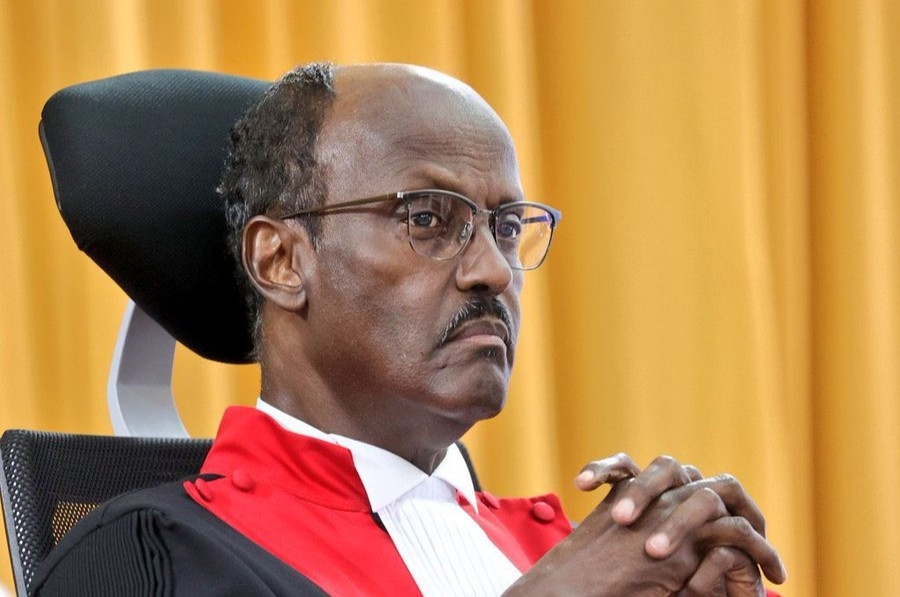
 Political analyst and university lecturer Prof Herman Manyora. /HERMAN MAYORA/X
Political analyst and university lecturer Prof Herman Manyora. /HERMAN MAYORA/XA section of Kenyans continues to weigh in on the use of the idiom "stepping aside"—especially in the context of public officials temporarily vacating office to allow investigations.
The debate has intensified following Deputy Inspector General of Police Eliud Lagat’s announcement that he had opted to step aside over the death of blogger and teacher Albert Ojwang’.
Lagat, in a statement on June 16, said his decision was voluntary and intended to facilitate impartial investigations into the June 8 death of Ojwang’, who died in police custody at the Nairobi Central police station.
Ojwang’, a teacher from Homa Bay, had earlier been arrested by DCI officers over alleged defamatory social media posts targeting Lagat.
An autopsy later revealed that Ojwang’ was strangled, contradicting initial police claims that he had died by suicide.
Despite Lagat’s move, civil rights groups and Gen Z protesters took to the streets of Nairobi on Tuesday, calling for his resignation and an end to police brutality.
On Thursday, Lagat appeared before the Independent Policing Oversight Authority (Ipoa) for questioning amid growing public scepticism over the legitimacy and legal basis of his stepping aside.
Speaking in Parliament a day earlier on Wednesday, Senior Counsel Otiende Amollo dismissed the move as a “charade,” stating that the law does not recognise such a concept.
“There’s no such thing as stepping aside in law. You cannot discipline yourself. What does that mean in legal terms?” Amollo posed.
He cited Sections 17 and 95(a) of the National Police Service Act, which stipulate that the DIG can only be removed, retired, or redeployed by the President or subjected to a disciplinary process by the National Police Service Commission.
On Thursday, political analyst and university lecturer Prof Herman Manyora echoed these sentiments, describing stepping aside as an outdated euphemism that no longer holds public confidence.
“The Kenyan people know that if you say someone has ‘stepped aside’, it’s just musical chairs, nothing ever comes out of it,” he said on X.
He described stepping aside as a tired vocabulary, saying Kenyans want to see tangible action against public officials accused of misconduct.
"Action means someone either resigns or the President fires them. Anything short of that is not selling."
In a video interview, Manyora warned that in the face of hopelessness borne by a country's leadership's lack of concern over mounting public outrage has often led to devastating revolutionary consequences.
"Whenever you see people in the streets, whenever you see revolutions happening, whenever you see governments getting into trouble...people will have given them enough time," he said.
The general feeling among Kenyans following the killing of Ojwang’ is one of outrage, distrust in the police, and a growing demand for accountability on the side of the police, even as authorities promised to ensure justice is served.


















